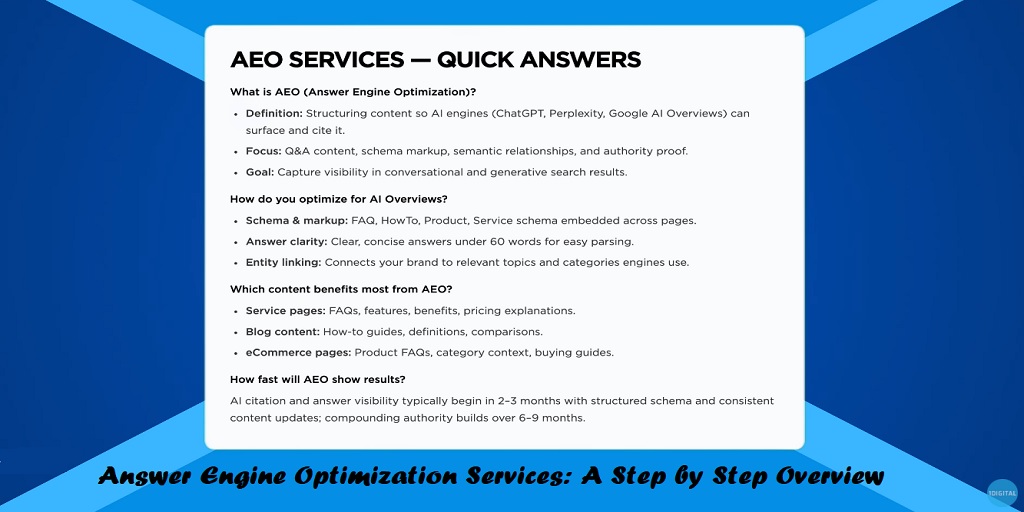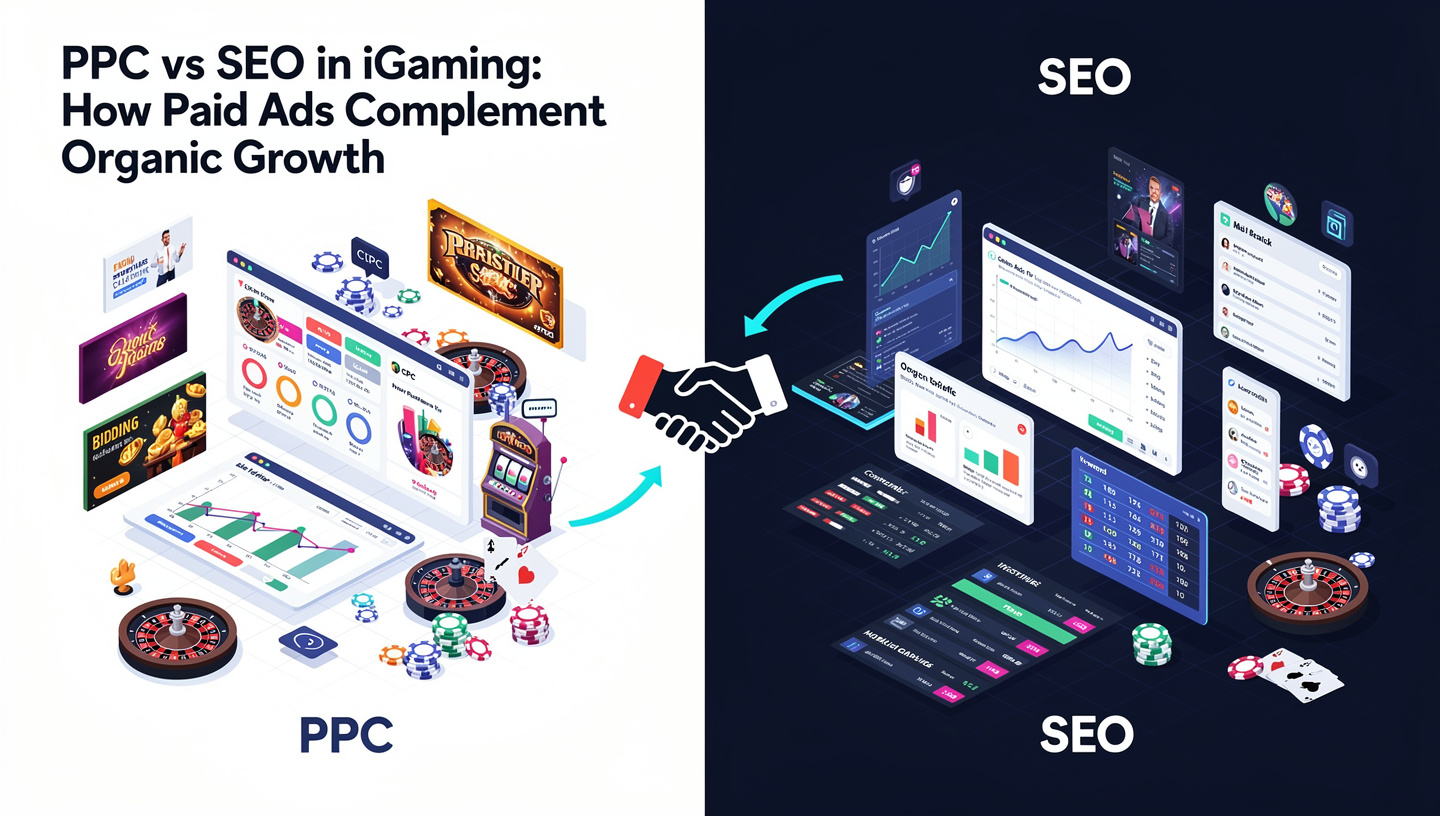In today’s hyperconnected world, consumers are growing increasingly aware of how much of their personal information is collected each time they shop online, browse social media, or simply visit a website. As data breaches, privacy scandals, and increasing regulatory pressure continue to shape the digital landscape, one question becomes more urgent than ever: Is data privacy becoming the new digital marketing currency? The answer is a clear yes—and brands that fail to adapt risk losing the trust, loyalty, and attention of their audiences.
For years, digital marketing revolved around mass data collection. Cookies tracked browsing habits, algorithms analyzed every click, and marketers leveraged this information to deliver deeply personalized experiences. But today, the narrative has shifted. Users want transparency. They demand control. And they expect brands to treat their personal data with responsibility and respect.
The Shift From Data Collection to Data Permission
As privacy expectations evolve, so does the relationship between brands and their customers. What was once a silent exchange of data for convenience is now a negotiation built on consent. Consumers are more cautious and selective about which companies they trust with their personal information. In fact, transparency has become a powerful brand differentiator.
Modern customers no longer respond positively to intrusive tracking or aggressive targeting. Instead, they reward brands that communicate openly about data practices. This shift is pushing marketers toward more ethical and privacy-first strategies—where quality, transparency, and trust replace the outdated quantity-driven mindset.
Why Privacy Has Become a Competitive Advantage
Companies that prioritize user privacy are discovering that it’s not just a compliance requirement—it’s a marketing opportunity. Privacy has become a signal of integrity and professionalism. When consumers feel safe, they’re more willing to engage, share information, and build long-term relationships with brands.
This emerging landscape is also transforming how marketers approach audience insights. Instead of relying on third-party data, brands are investing in first-party and zero-party data strategies—information willingly provided by users in exchange for relevant and personalized experiences.
To navigate this shift effectively, professionals and businesses must learn modern marketing frameworks that combine privacy, technology, and strategy. Many aspiring marketers choose to upgrade their skills with comprehensive programs like Master Digital Marketing to stay ahead of changing industry demands.
Regulations Are Reshaping the Digital Marketing Playbook
Global regulations have become one of the strongest forces behind the rise of data privacy as a new form of digital currency. Laws such as the GDPR in Europe, CCPA in California, and others around the world are holding companies accountable for how they track, store, share, and use consumer data.
Marketers must now adopt privacy-by-design principles and implement systems that respect user rights. Non-compliance isn’t just a legal risk—it’s a reputational one. In an era where trust is fragile, even minor violations can cause lasting brand damage.
The Decline of Third-Party Cookies and What It Means
One of the most significant indicators of the shifting privacy landscape is the decline of third-party cookies. Browsers are phasing them out, and major platforms are restricting data collection methods that were once standard practice.
As third-party cookies disappear, marketers are forced to look for new ways to understand their audiences. This change encourages creativity, innovation, and the development of more meaningful brand-consumer relationships. Instead of tracking individuals across the web, brands must now focus on creating compelling content, building real communities, and encouraging users to share data willingly.
The Rise of Trust-Based Marketing
Trust has become the backbone of modern digital marketing. Without it, no amount of data can guarantee success. Consumers now expect:
- Clear consent processes
- Honest explanations of how data will be used
- Options to opt out or limit tracking
- Secure systems that protect their information
Brands that excel in these areas gain more than compliance—they gain loyalty. In a competitive marketplace, trust becomes a powerful currency that drives conversions and referrals.
Privacy-First Personalization: A Balanced Approach
Many businesses fear that stricter privacy standards will weaken their ability to personalize marketing efforts. But in reality, the opposite is happening. Privacy-first personalization relies on user-provided data, which tends to be more accurate and meaningful.
Instead of relying on invasive tracking, marketers can use:
- Preference-based surveys
- Loyalty program interactions
- Voluntary account creation
- Email subscriptions
- Community-driven engagement
This creates personalization that feels welcome—not intrusive. The result is a healthier, more sustainable relationship between brands and customers.
Data Privacy as a Long-Term Marketing Strategy
Data privacy is no longer a trend—it’s a long-term strategic pillar. Companies that adapt to this new environment early gain a competitive edge, while those who resist may struggle to retain audiences.
Privacy-focused marketing promotes transparency, encourages customer participation, and fosters meaningful engagement. It also inspires innovation, pushing brands to build better systems and more human-centered digital experiences.
For businesses seeking guidance or support in developing ethical and effective digital marketing strategies, connecting with knowledgeable experts can make a significant difference. You can easily reach out through their Contact Us page to explore tailored solutions.
Conclusion
Yes—data privacy is undeniably becoming the new digital marketing currency. As consumers demand more control, transparency, and security, brands must evolve toward ethical and trust-driven practices. Marketers who embrace this change will not only meet modern expectations but also build stronger and more resilient relationships with their audiences.
By prioritizing privacy, investing in consent-driven data strategies, and fostering trust through openness, companies can position themselves at the forefront of the evolving digital landscape—where respect for user data isn’t just a legal obligation but a powerful competitive advantage.




